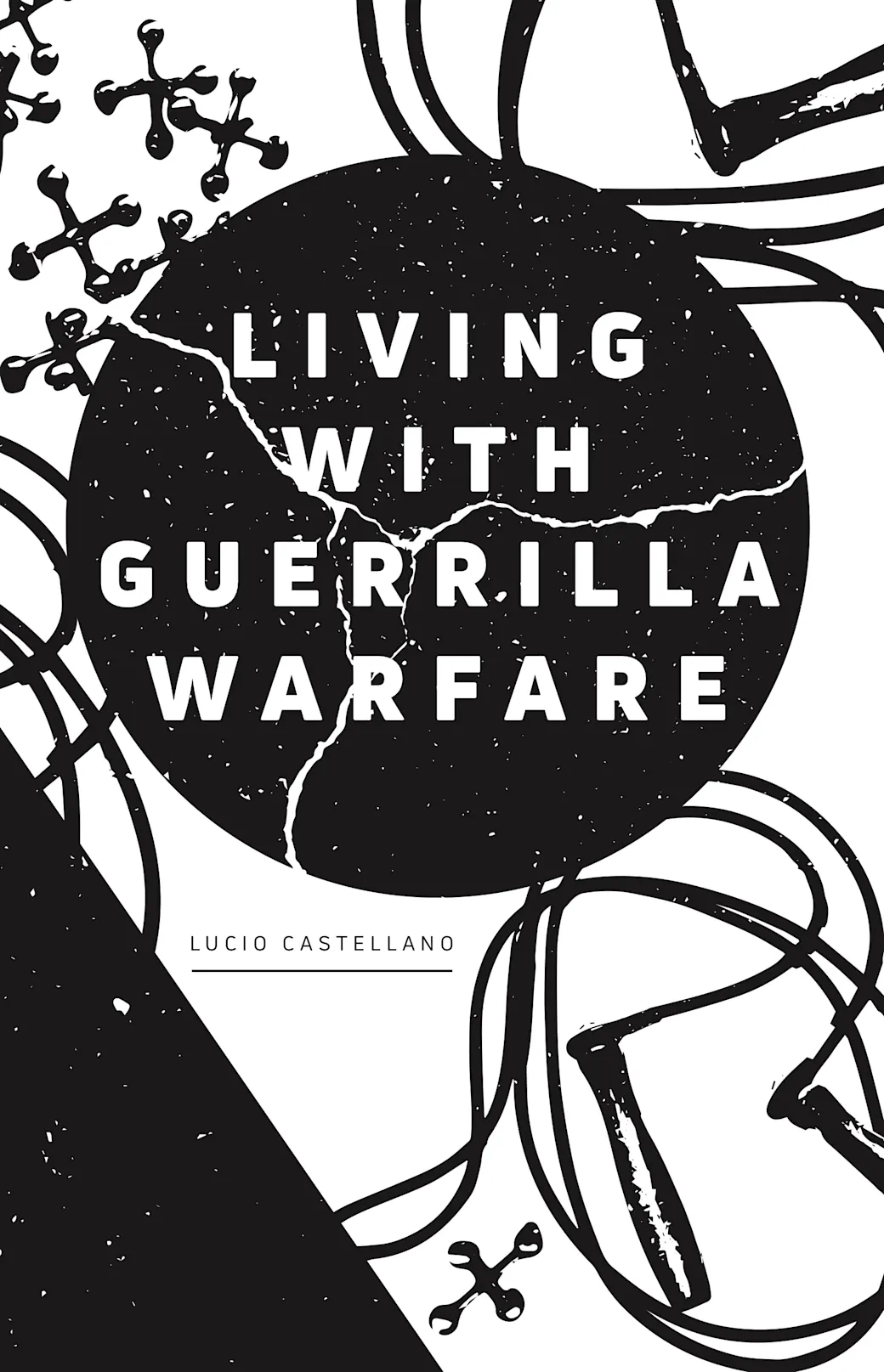
Living with Guerilla Warfare
Lucio Castellano
Lucio Castellano, a member of Metropoli, was arrested in June 1979. He was charged with armed insurrection against the state, forming an armed band, and subversive association.
It’s a difficult task to make sense of the singular texts produced by the Italian Autonomia movement in the 1970s, since their experience of being a high point of revolutionary struggle in the west seems so far away. Yet their horizons and their struggles in many ways remain close to ours, and the laboratory of subversion as well as repression can provide many invaluable lessons for contemporary partisans. This was a time when CEO’s listening to the radio waited to hear that it was someone else that day that caught the bullets in their knee caps that could have just as easily obliterated theirs, where, when the police fired live rounds at an unruly demonstration, the streets fired back. It was a time of immense and various creativity, moving outside and against the old forms of struggle. It was also a time where thousands of comrades were sent to prison, often held up for up to four years while awaiting trial, charged with the most ambiguous of crimes: ‘crimes of association’, which target collectivities rather than individual people.
This text is specifically useful for thinking through the question of violence as a power and capacity that we must have, without allowing it to become separated from the base from which it springs. In the late 60′s and 70′s, this danger tended to take the form of armed struggle organizations that, more and more, mirrored the form of the state. Today, it takes the form of a black bloc envisioned as the ever-more-extreme element, an unjoinable expression of its own ethical purity, positioned against a mass or whole that no longer exists. If violence is to become revolutionary, it must be a capacity we share—a multiplicitous opening, joyously inseparable from living.